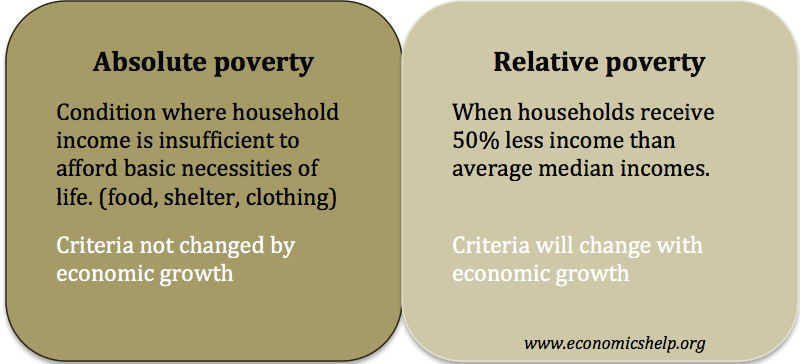I realize you are probably just pointing out your lack of experience on the topic, but it reminds me how important it is to understand that econ is not a topic that lends it's self to intuition or simple explanations. That's not to say that it's beyond most people's capacity to understand, rather, the simple explanations that are taught in early econ lessons are all too often cited as evidence for a particular position as if a position or idea is consistent with lessons taught in the first year of econ are representative of the real economy and all too often are cited as proof that something is true.
The hardest part of understanding econ, is generally not in understanding specific ideas, like, for example the claim that; 'inflation happens when there is too much money chasing too few goods'. Econ 101, right? While that's true, it lacks the context necessary to understand the cause or informing decisions about what to do about it. Moving beyond econ 101 is essential for understanding not only what the causes are (in this cases what causes inflation) in real world contexts, but how best to solve it given real world constraints.
For example, the claim that
too much money chasing too few goods causes prices to rise could just as easily be said,
inflation happens when there is too little supply relative to consumer demand. It's really interesting how each of these statements say the same exact thing, but seemingly emphasize different aspects. The latter explanation emphasizes
too much spending, the former emphasizes
too little supply, thus inflation is entirely contextual phenomenon. Friedman is famous for saying that; "Inflation is always and everywhere a monetary phenomenon". Now he had more to say on this topic which I believe, at least partially, redeems the ignorance of how people trot out this statement (though I think that most Monetarists, while right about some things are wrong or lack the necessary context to understand the implications of their claims), but this is what people tend to remember and recite. This statement is often rolled out as a profound insight into money and more specifically on the topic of inflation, when it fact it is little more than, at best, a trivial tautology. It would be like saying; "drowning is every and always an aquatic phenomenon". The statement offers no real insight, but it sounds profound to those at the left side of the Dunning Kruger chart.
The inflation of the late 1970's and early 80's can only be understood in the context of deviation of an expected norm. It wasn't demand that increased, it was supply (of oil) that decreased. COVID resulted in a decrease in supply, which during COVID was met with a decrease in demand (hence very little inflation during the pandemic), but when COVID ended, demand surged within weeks, but supply took months (or longer) to recover. There were other factors (corporate profit taking, i.e. greed), but I want to keep this short-ish.
The point is, that difficulty of understanding econ isn't understanding specific ideas about, inflation, debt, trade ect, but understanding it in a broader context. I like to say, I can explain every aspect of driving a stick shift to an 8 year old boy. Steering, braking, clutch and all the other elements of driving and I could expect that he understands and could explain back to me what each thing does and why it's important, but if I threw him the keys, he still wouldn't be able to drive. It's putting all the pieces together that's important. It's relationships, how one aspect affects another and that takes more than causal understanding.
Lastly, economics in any organized society as much a question of morality as it is money. Almost anything worth doing at scale requires money. What should be done is a question of values and values are the foundation of what each of us things is right and wrong, good and bad.
Ok, so rant off. Apologies if that sounds preachy or you know some/ all of this, but I hope that you find some of all of this interesting. I think understanding econ is every persons responsibility. If you want my opinion on anything, just ask.


